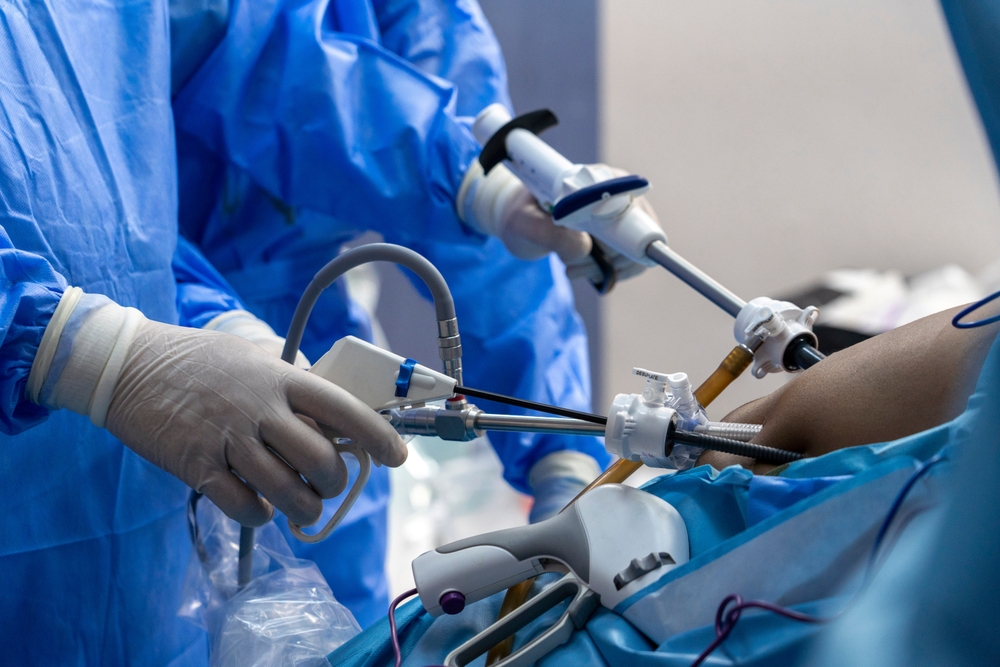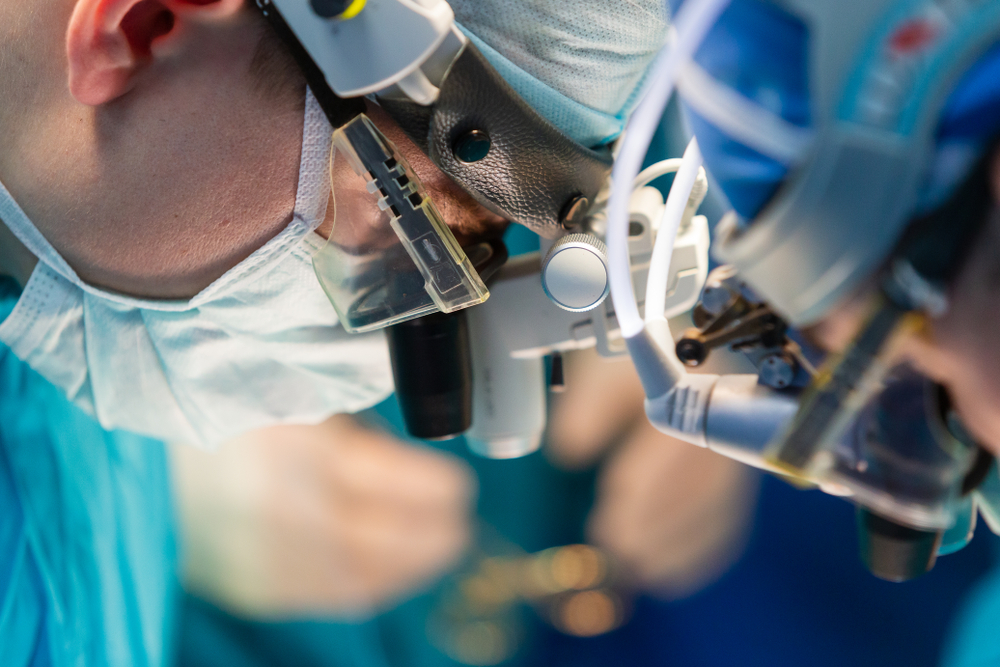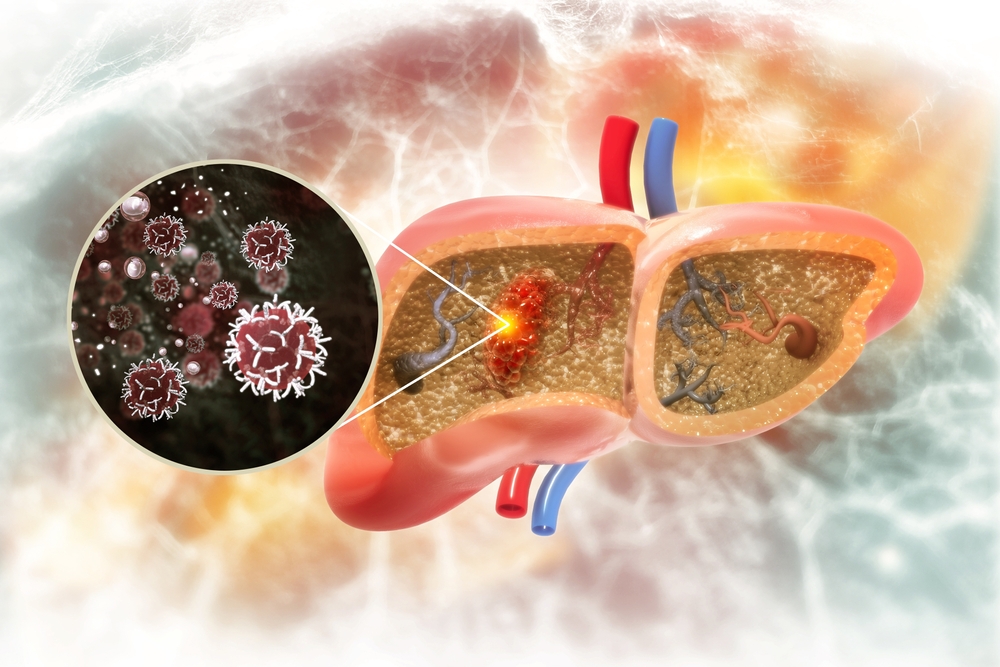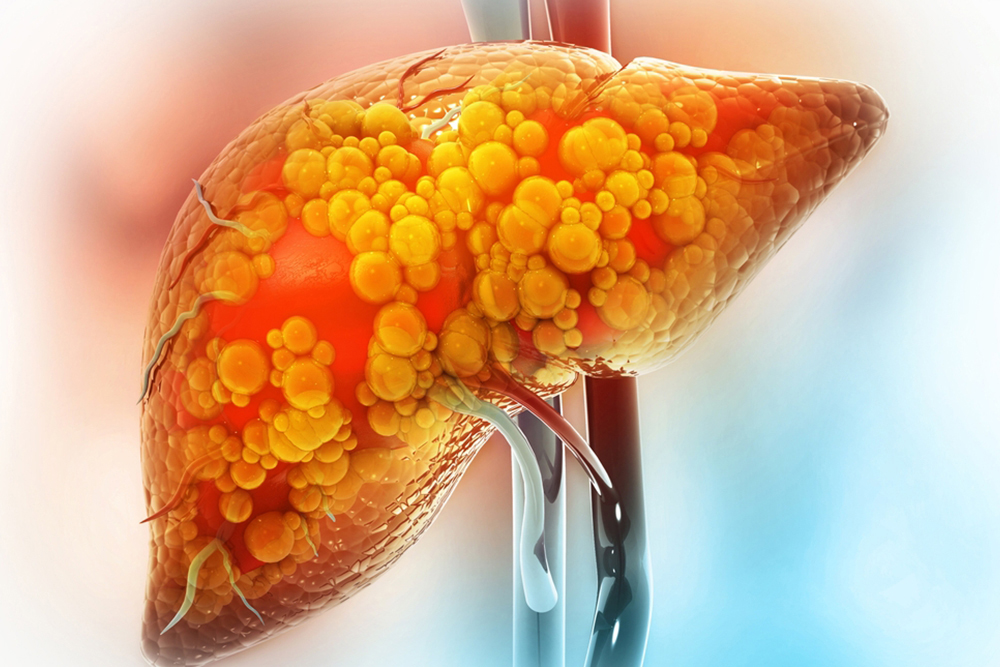Real-World Study Highlights Gaps in NASH Diagnosis and Treatment Across Italy

Non-alcoholic fatty liver disease (NAFLD) and its progressive form, non-alcoholic steatohepatitis (NASH), are highly prevalent in Italy, with significant variation across regions.
Intermittent Fasting Is an Effective Way to Reverse Fatty Liver Disease

In an interview with the Fatty Liver Alliance, Dr. Jason Fung, a nephrologist, bestselling author, and co-founder of The Fasting Method, discussed the growing prevalence of metabolic dysfunction-associated steatotic liver disease (MASLD) and the role of diet and intermittent fasting in reversing it.
Bariatric Surgery Lowers Mortality and Heart Risk in MASLD Better Than Medications

A recent multicenter study of more than 8,600 patients with metabolic dysfunction-associated steatotic liver disease (MASLD) found that bariatric surgery is associated with lower five-year mortality.
Recommending Non-invasive Liver Disease Assessments

Chronic liver disease (CLD) causes approximately two million deaths annually and presents a major global health burden. Because most severe outcomes—like liver failure, portal hypertension, and hepatocellular carcinoma—occur in those with advanced fibrosis, early detection is essential.
Systemic Impacts of MASLD on Heart-related Diseases

This review provided a comprehensive analysis of the extrahepatic manifestations of metabolic dysfunction-associated steatohepatitis (MASH), focusing on chronic diseases related to cardiovascular, muscular, and renal systems
Challenges of Liver Transplantation for MASLD

Liver transplantation (LT) for metabolic dysfunction-associated steatotic liver disease (MASLD) is challenging due to high comorbidity rates, including obesity, diabetes, and hypertension.
Genetic Risk Factors for NASH-Related Hepatocellular Carcinoma

This study aimed to identify genetic risk factors driving the progression from non-alcoholic fatty liver disease (NAFLD) to non-alcoholic steatohepatitis (NASH) and then to hepatocellular carcinoma (HCC).
MASH Risk Guide for At-Risk Patients

This guide is designed for patients at risk for metabolic dysfunction-associated steatohepatitis (MASH), formerly known as non-alcoholic steatohepatitis (NASH).
GLP-1 Agonists’ Potential for Fibrosis Regression

In a recent review, researchers examined the molecular and clinical effects of glucagon-like peptide 1 (GLP-1) receptor agonists in treating metabolic dysfunction-associated steatotic liver disease (SLD).
MASLD: The Growing Need for Early Intervention

MASLD (metabolic-associated steatotic liver disease) is the most common chronic liver disease in the US, affecting an estimated 31% of adults. A recent study showed that 38% of middle-aged Americans had MASLD, with 14% diagnosed with MASH and 5.9% exhibiting significant fibrosis (F2/3).

